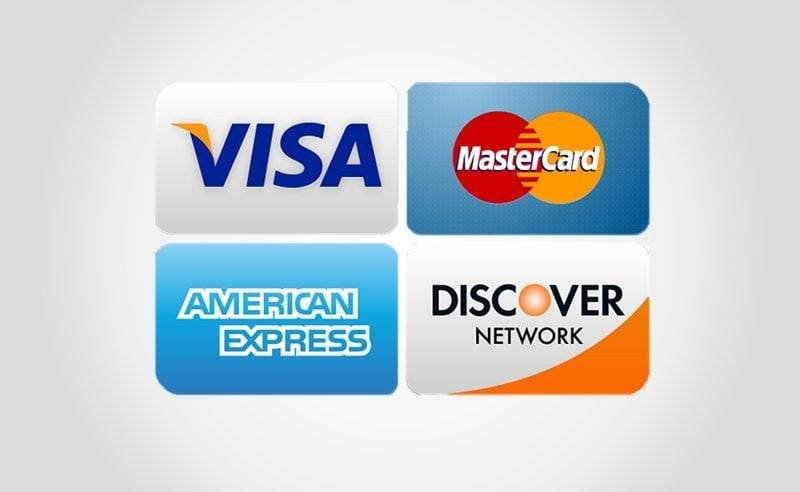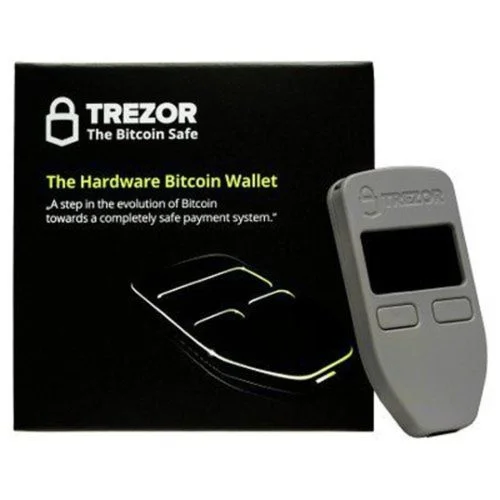Buying Cryptocoin With Credit Cards – What The Banks Don’t Want You to Know.
Some card companies won’t allow it; Citigroup, Bank of America review their policies as others treat buying cryptocoin with credit cards as a cash advance.
Some banks and credit-card companies have begun restricting customers’ purchases of bitcoin, shutting down a popular way to buy the volatile digital currency while others capitalize on it with a fresh round of higher fees.
Last month, Capital One decided it would no longer let its customers use credit cards it issues when buying bitcoin or other cryptocurrencies such as Ethereum “due to the limited mainstream acceptance and the elevated risks of fraud, loss and volatility.” The bank said it would “regularly evaluate the decision as cryptocurrency markets evolve.” The firm’s decision followed Discover Financial Services ’ move in 2015 to effectively prohibit purchases of digital currencies with its cards.
Bank of America Corp. allows bitcoin purchases with the credit cards it issues. “At this point there is nothing that would block a transaction, but we are carefully reviewing our policy,” said a bank spokeswoman.
Citigroup Inc. , which allows bitcoin purchases with its credit cards, is also reviewing its policy, according to a person familiar with the matter. TD Bank, the U.S. unit of Toronto-Dominion Bank, said that as a result of security measures some bitcoin transactions aren’t being processed.
The moves could put a crimp in an increasingly common way to buy bitcoin, which soared 1,375% last year and attracted widespread new interest from individual investors before falling about 20% so far this year. Despite bitcoin’s growing popularity, some card companies are expressing concerns about consumers using their credit cards to buy the volatile currency and about taking on exposure to those purchases.
Funding investments with credit cards isn’t usual in traditional markets. Among brokerage firms, Charles Schwab Corp. and TD Ameritrade Holding Corp. don’t allow it, and E*Trade Financial Corp. lists several funding methods it accepts on its website, but doesn’t mention credit cards.
Fair enough.
With Bitcoin, roughly 20% of buyers funded their purchases with a credit card, according to a survey released in December from lending marketplace LendEDU. Of those investors, 22% said they didn’t pay off their credit-card balance after the purchase. Nearly 90% of that group expected to eventually pay off their balance using profits from the investment, the survey found. Startling, yes. A reason for restrictions, no.
Funding cryptocoin investments through debt or extraordinary risk is something I pointed out is a very bad idea. But why are banks taking on a role more suited for a nanny-state than a profit-driven business?
Conspiracy theorists will categorize this as “the man” trying to control cryptocoin. I see this more as a business trying to curtail potential loss.
Let me walk you through a worst-case scenario. John Doe buys $1,000 in Ethereum on Coinbase with his credit card yesterday. Today, Ethereum is down 15% so John Doe loses $150 in 24 hours. John loses money he can’t afford to lose. What does John Doe do next? Coinbase might care but any given bank would rather not be involved. And who could blame them with Bitcoin down some 40% compared to this same time last month?
Upset people make for unhappy customers. And there’s no business in the world that wants to deal with unhappy customers. Except, perhaps, morticians.
A down Bitcoin market like this naturally amplifies risk to not only the investor but the bank who facilitated the cryptocoin investment. That’s where buying cryptocoin with credit cards gets sticky for the banks. That can increase the chances of borrowers not paying their credit-card bills if they owe more on the cryptocoin than it is worth and find themselves underwater on their investment.
Then there’s the ever-escalating risk of fraud. We have Bitconnect, Bitfinex, Tether, Prodeum, etc. etc. to thank for this. The banks, quite understandably, face very high risk in facilitating transactions with what could be a fraudulent exchange. Why? Cardholders are seldom held responsible for fraudulent purchases charged to their credit card, which means that any given bank issuing the card in question could be slapped with the loss.
 “There’s a host of issues,” said David Nelms, Discover’s CEO. Among others, “we don’t want to be responsible if someone buys bitcoin and it drops 50% the next day.”
“There’s a host of issues,” said David Nelms, Discover’s CEO. Among others, “we don’t want to be responsible if someone buys bitcoin and it drops 50% the next day.”
Yet Discover and every other credit card on the planet has no problem allowing someone to take out a cash advance in a casino and hit the tables as the cardholder is hit with transaction fees and interest charges which could only be called confiscatory. Any by golly some of them have done exactly that (more below.)
I call bullshit.
Does their sense of responsibility extend to people who want to pull out $500 on a credit card cash advance at Caesar’s Palace to hit a craps table? Or a roulette wheel?
I’m not inviting comparisons between cryptocoin investing and gambling. What I am doing is illustrating the disingenuous behavior of most banks as they talk out of both sides of their mouth.
I see this as just another attempt by the banks to circle the wagons and protect their own interests. When all is said and done the banks are on their way to the slaughterhouse of obsolescence. They know it and the smarter cryptocoin enthusiast knows it. At this point all they can do is piss people off which alienates their existing customer base while paving the way to even more cryptocoin adopters.
Well done you fat cat stuffed suits. Well done.
Recently Coinbase has alerted clients that some credit card companies are categorizing cryptocoin purchases as cash advances — right in line with my casino comparison earlier. This could be construed as another way to circle the wagons AND/OR making every dime possible on the cryptocurency trend before banks themselves are eventually rendered obsolete.
Is the latest hit to buying cryptocoin with credit cards a conspiracy or some sort of cabal or just opportunistic capitalism at its finest? Only time will tell.







